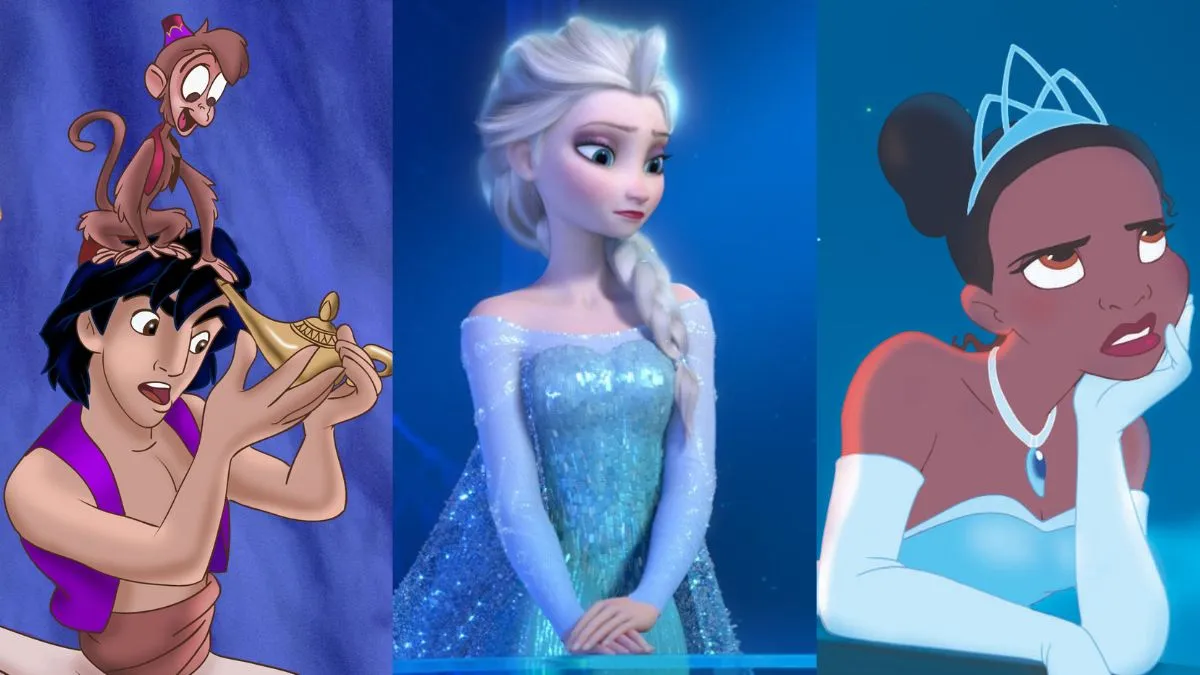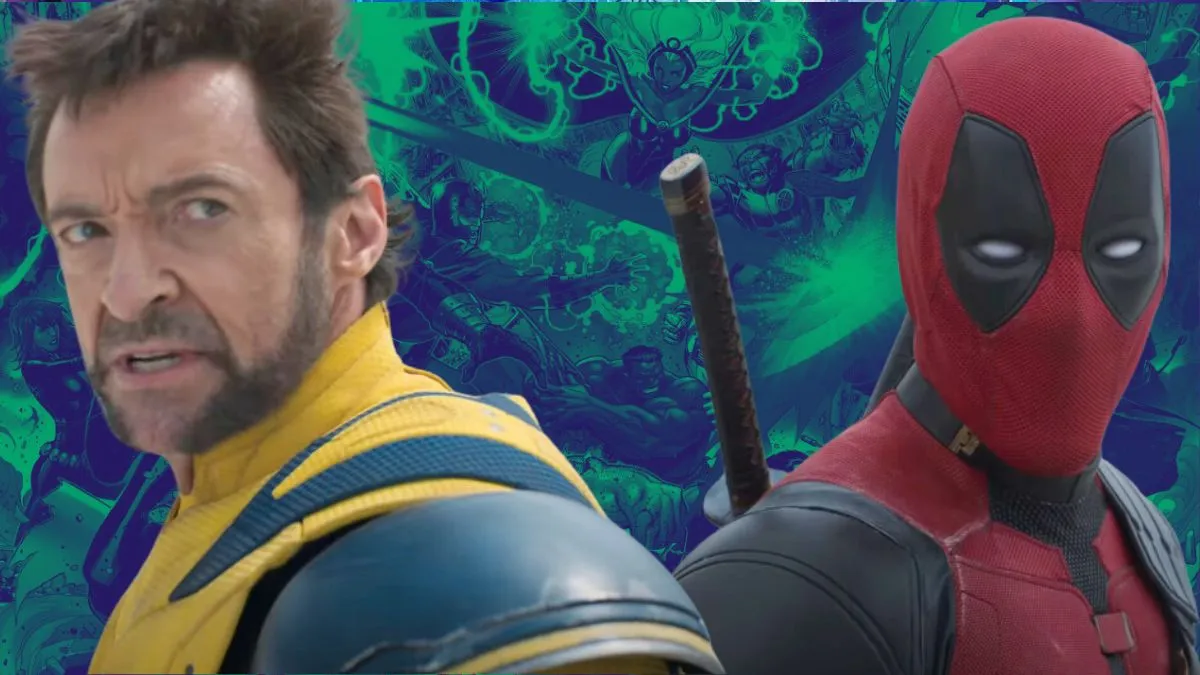
In the 1950s, Alan Turing developed the Turing Test, a series of questions designed to determine whether an unseen artificial entity was conscious; the goal being to convince the interviewer that with whom they were communicating was indistinguishable from human. Suffice to say, it can be argued, the test is yet to be passed. Then in the 1960s, sci-fi author Isaac Asimov developed his Three Laws of Robotics, dictating how an artificially intelligent being could exist while basically remaining subservient to humankind.
Now, as we journey deeper into the 21st century, the idea of someone actually creating an artificially intelligent consciousness feels more and more like an actual inevitability. From Deep Blue to Watson to the increasing influence of AI in popular culture, we are becoming more aware of the reality of it every day. But should we be concerned about artificial intelligence beyond mere consciousness and subservience? Alex Garland’s wonderfully realized directorial debut Ex Machina tackles these concerns head on.
The film follows Caleb (Domnhall Gleeson), a low-level employee of a popular search engine who wins the opportunity to spend a week with the company’s reclusive CEO Nathan (Oscar Isaac) at his compound high in the Alaskan mountains. When he arrives, Nathan reveals to his hapless guest that the real reason he is there is to conduct a Turing Test on an artificially intelligent being he has created. Caleb discovers much to his surprise that the being is female and her name is Ava (Alicia Vikander). Nathan is not interested in knowing if Ava is conscious, because she clearly is, he wants Caleb’s help with an entirely new question: is Ava alive? What follows, is a dark, menacing and intelligent investigation of consciousness, sexuality and the nature of humanity itself.
In the tradition of the classic science fiction stories that are very much its inspiration, Ex Machina is a film about ideas. There are long stretches of dialogue between the characters that defy the old filmmaking adage of “show, don’t tell.” But Garland plays to his strengths and never makes these conversations boring, instead they draw out the complex ideas at play which force us to really listen and think about the implications of Nathan’s discoveries, which go beyond the usual questions posed by this kind of sci-fi and into the realm of real world speculation as these ideas become more realistic the further our technology advances.
Garland namechecks the concept of man reaching the state of Godhood once he has invented artificial life, but then leaves that hanging as he moves on to more immediate concerns, such as the idea of Ava’s sexuality and the implications of a post-human society that may overtake our own as Ava could actually be the next stage of human evolution. There are shades of futurist Ray Kurtzweil’s theory of the “singularity” here; when society is radically changed by the advancement of artificial intelligence to the point where our present selves would no longer recognize it. But Garland seems to suggest that this might not necessarily be a bad thing.
Of course, these conversations and ideas would fall flat if the characters were unconvincing, but the actors acquit themselves admirably. Isaac brings the right amount of ego and drunken menace to Nathan that makes his every word and move seem like a prelude to war. Gleeson continues to prove his mettle as the quietly sad and increasingly suspicious Caleb who is way out of his depth. Sonoya Mizuno is also terrific as Nathan’s silent assistant Kyoko, whose presence hints at darker secrets that the billionaire tech genius may be hiding, but its current “it girl” Vikander who brings her all to the role of Ava. Using her skills as a trained ballerina, she gives Ava an ethereal, stop-start physicality and a not-quite-human cadence that clouds our perceptions of her true personality or intentions, which causes us to conduct our own personal Turing Test in our minds.
These characters play out their roles against an ice cold landscape, both within and without the puzzle box-like home of Nathan, where he has surrounded himself with the blanket of his own ego to toil in his lab like a futuristic Frankenstein. Rob Hardy’s brilliantly composed shots and cool colour palette coupled with the stark production design by Mark Digby externalizes the inner world of Nathan, a man driven to achieve perfection at the cost of total emptiness. Adding to this is the cool synth soundtrack by Geoff Barrow and Ben Salisbury, which echoes the work of Cliff Martinez to chilling effect. These elements may cause some to feel the film is perhaps a little stagey, but it is the perfect backdrop to a story of this kind. The house at times feels like it moves and shifts as the story progresses, keeping us off balance so we are left unprepared for the narrative twists that Garland throws at us toward the film’s worthy climax.
Playing to his strengths, Garland has produced an utterly captivating and tense sci-fi thriller that, like the characters here, is constantly disguising its truths and misdirecting our attentions while at the same time creating an arena for the discussion and contemplation of the real-world implications of technological advancement and the evolution of artificial intelligence. Ex Machina is a film that is influenced more by ideas than tropes and goes to great lengths to make the story subservient to those ideas, rather than just focusing on narrative momentum.












